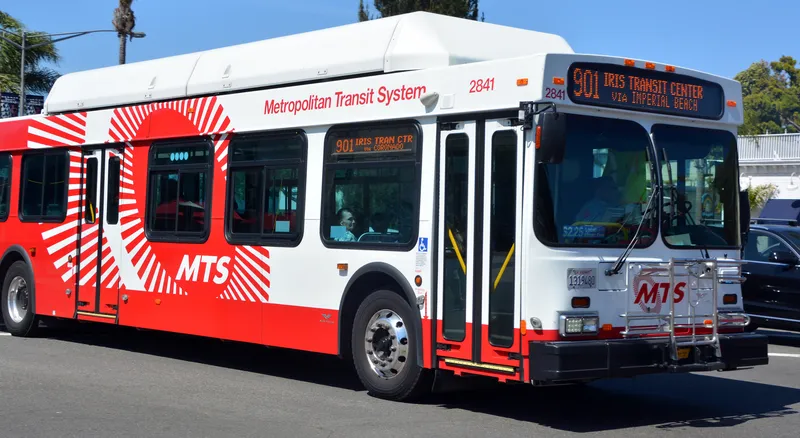The successful launch of the Muvo SmartCard marks the beginning of the modern era of e-ticketing in the Durban region in South Africa. The Muvo card replaces ordinary tickets and functions as a kind of electronic wallet, allowing cash or ticket products to be loaded on to it at electronic terminals. As part of the new infrastructure, the eThekwini Transport Authority (ETA) purchased the Almex Electronic Fare Collection system with ticket printer from German manufacturer Hoeft & Wessel. The system has been
September 10, 2012
Read time: 2 mins
The successful launch of the Muvo SmartCard marks the beginning of the modern era of e-ticketing in the Durban region in South Africa. The Muvo card replaces ordinary tickets and functions as a kind of electronic wallet, allowing cash or ticket products to be loaded on to it at electronic terminals.
As part of the new infrastructure, the6543 eThekwini Transport Authority (ETA) purchased the Almex Electronic Fare Collection system with ticket printer from German manufacturer Hoeft & Wessel. The system has been installed by Almex Transport Solutions in all the regular buses of the Durban Transport and People Mover services.
Using the Muvo card, tickets can be purchased via the standard chip and dip method at a kiosk and used on board the bus by simply by holding the card in front of the contactless reader unit.
Cash as well as multi journey trips can be stored on the smartcard. The card and the associated back-office system will become the basis of the new Integrated Rapid Public Transport Network (IRPTN). In addition, the system can also be deployed in other regions in South Africa and across the globe.
The introduction of the new intermodal e-ticketing system in bus transport companies in the Durban metropolitan region, with its population of close to four million, is seen as the first step in the introduction of the this new standard throughout South Africa.
As part of the new infrastructure, the
Using the Muvo card, tickets can be purchased via the standard chip and dip method at a kiosk and used on board the bus by simply by holding the card in front of the contactless reader unit.
Cash as well as multi journey trips can be stored on the smartcard. The card and the associated back-office system will become the basis of the new Integrated Rapid Public Transport Network (IRPTN). In addition, the system can also be deployed in other regions in South Africa and across the globe.
The introduction of the new intermodal e-ticketing system in bus transport companies in the Durban metropolitan region, with its population of close to four million, is seen as the first step in the introduction of the this new standard throughout South Africa.









